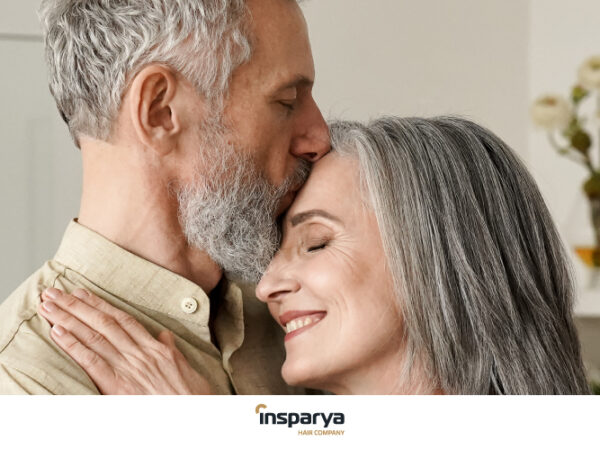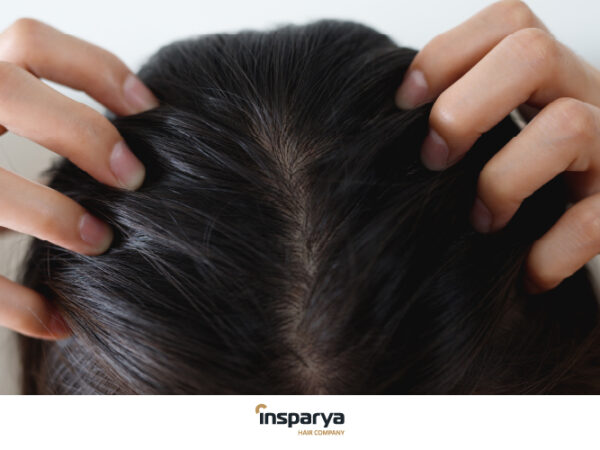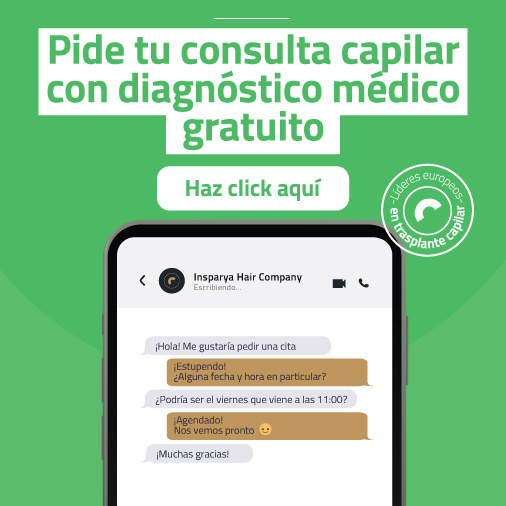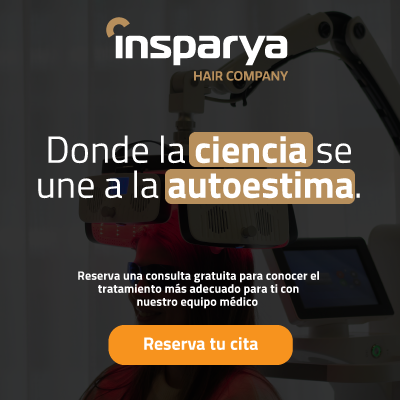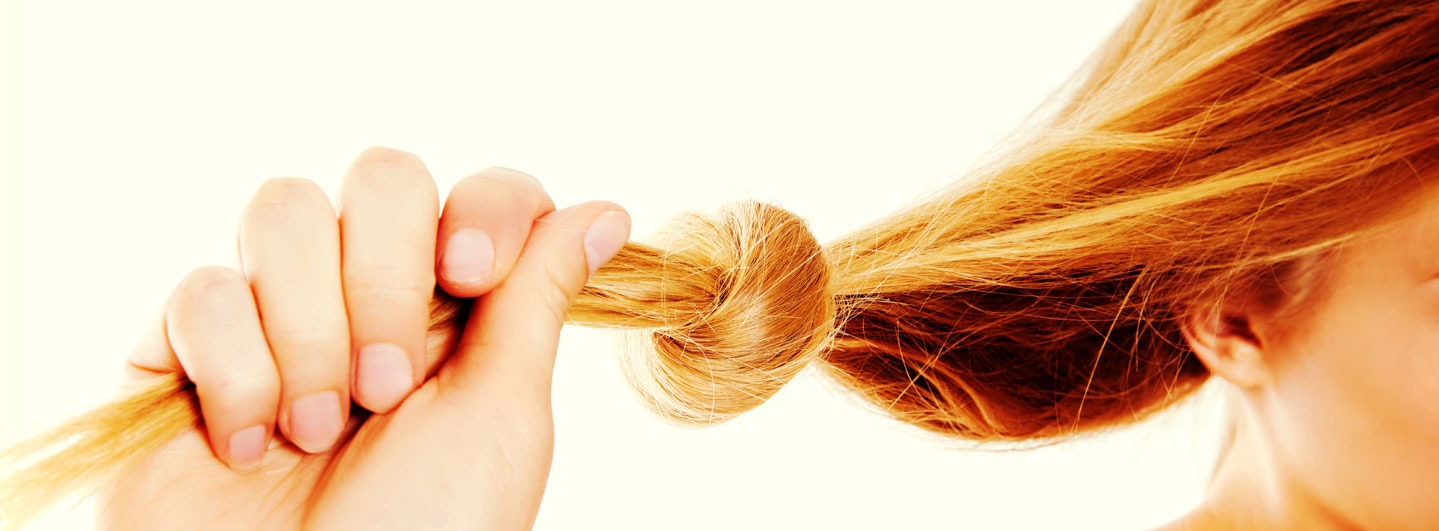
Mitos salud capilar
La clínica que rompe mitos de salud capilar
En la actualidad, tenemos la fortuna de vivir en un mundo hiperconectado gracias a Internet. El cual nos permite adquirir mucha información de cualquier campo. Como es el caso de la alopecia, la salud capilar, los trasplantes capilares, causas y consecuencias de los mismos… El problema comienza cuando la información que se aporta no es la correcta, alimentando multitud de mitos que hacen más mal que bien. Por eso, desde Insparya, queremos aportar nuestro granito de arena a derribar varios mitos de salud capilar. Puede que algunos ya los conocieras, pero seguro que otros te sorprenderán porque están muy presentes en nuestro día a día.

Los mitos de salud capilar más habituales
“El cabello del hombre y de la mujer tienen que recibir diferentes cuidados”.
Falso. Aunque existan diferencias biológicas entre hombres y mujeres, la realidad es que en cuanto al pelo se refiere no hay ninguna diferencia. Por ello, tanto unos como otros deberán cuidarlo del mismo modo.
“El pelo no se puede lavar todos los días”.
Falso. Nos han hecho creer durante mucho tiempo que lavar todos los días el cabello podría debilitarlo y producir su caída (alopecia). La realidad es muy diferente. En verdad, lavar el pelo con el champú adecuado todos los días favorece la salud capilar del cuero cabelludo y la fibra capilar. Por supuesto, deberá acompañarse con un correcto secado, utilizando un secador a baja temperatura y a un palmo de distancia (aproximadamente 15 cm). Si quieres lucir pelazo todo el año deberás tenerlo en cuenta.
“El agua del mar es mala para el pelo”.
No es del todo cierto. El mar tiene efectos positivos y negativos sobre el cabello. Por un lado, el efecto negativo que se presenta es que la sal deja el pelo seco. Por otro lado, también es cierto que aporta minerales y vitaminas favoreciendo la salud del pelo y cuero cabelludo. Incluso, resulta beneficioso para mejorar enfermedades como la psoriasis y eczemas entre otros. También en los casos en los que se haya realizado un trasplante capilar se permite que las personas se bañen en el mar a los 7-8 días de la operación porque ayuda a mejorar más rápido en la recuperación. Al final de un día de playa es importante lavar el cabello con un champú nutritivo e hidratante, como el Insparya Nurti Plus o el Insparya Prevent HA.

“El corte de pelo promueve el crecimiento del cabello más sano”.
No es del todo cierto. Cuando cortamos las “puntas”, el cabello queda menos quebradizo y es este aspecto el que favorece la sensación de crecimiento más rápido y sano. Párrafo
“El pelo es una preocupación estética”.
Falso. La falta de cabello influye enormemente en la autoestima y bienestar siendo causa de muchos casos de depresión. La OMS (Organización Mundial de la Salud) considera la alopecia como enfermedad. Además, la falta de cabello se vuelve más grave en verano, con la acción nefasta de los rayos ultravioleta del sol que inciden directamente sobre el cuero cabelludo pudiendo generar lesiones precursoras de cáncer de piel.
Conclusión sobre los mitos de salud capilar
Esperamos haber podido arrojar algo de luz sobre todas estas cuestiones. La salud capilar es un tema muy serio y hay que preocuparse por hacer lo correcto para nuestro cabello y cuero cabelludo. Es importante no dejarse llevar por lo primero que vemos en internet o por lo que nos cuenten. Como cualquier tema de salud nuestra recomendación es que consulte a un profesional. Ellos sabrán darle los mejores consejos y podrán decirle como proceder para cada caso. En la clínica capilar Insparya contamos con los mejores profesionales y más de 10 años de experiencia en la salud capilar. Trabajamos por mejorar cada día y ofrecer lo mejor posible a nuestros pacientes.


